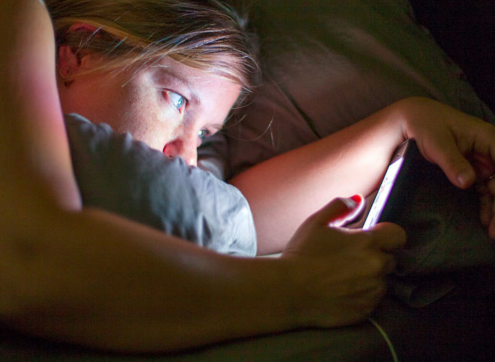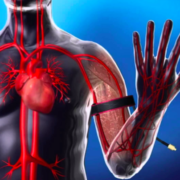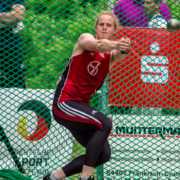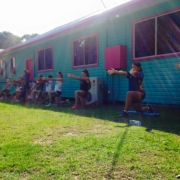RECOVERY: The best recovery method is FREE!

zzzz
In my early 20’s I thought I was bulletproof. I had (and still have) a great work ethic. Ate well, but also ate some junk, went to bed late and got up early and still trained the house down. Nothing could stop me. My coaches at the time saw the effort that I put in and never really asked me what I did away from sport. Was I taking care of the “one percenters” Was I having good rest? What recovery methods did I have in place to ensure I was getting the most out of myself.
In fact, when I first move to Brisbane at 20, I was training 11-12 sessions per week, studying full time at university and DJing at a club 3 nights a week from 11:45pm – 2:30am. It was good money, but I have no idea what I was thinking!
I wonder now, had I have been getting more effective rest and sleep would I have been able to train and perform even better than I was?
Sleep is so underrated. That statement sounds cliche but it is so true. Some people are light sleepers, some are deep sleepers, but shutting off from the world can do more for elite performance than you might imagine.

Sleep Hours and Injury Rates
During this study published in the Journal of Paediatric Orthopaedics a number of elite athletes were tested over a 21 month period. Of all factors monitored the number of sleep hours was the most relevant for predictor for injuries.
Having done some salivary hormone tests myself last season, I was shocked to discover how much impact a good nights rest had on my cortisol levels (hormone related to stress)
So here are a few tips to help you get the most out of your rest.
1.Keep a regular sleep and rise cycle.
Even on your days off, try and go to bed and rise at the same time. For example, I usually start heading towards bed between 9:30-10:00 pm and rise between 6:00am and 6:30am every day.
2. Plan your hydration.
Try and hydrate in the early parts of the day and be conscious of how much you drink in the evenings. This will help prevent getting up during the night to go to the toilet.
3. Keep the bedroom free from electronics.
Having a TV in your bedroom is not a good idea should you wish to actually go to sleep. The same can be said for computers and phones. Keep your phone on charge outside the bedroom. Social media can wait until the morning.
** Bonus tip: if you use your phone as an alarm clock it will force you to get out of bed if you charge it in the living room!

Discipline
4. Comfortable room temperature.
Regulating the temperature in your bedroom for a comfortable nights sleep is highly recommended. If you have air conditioners and heaters try using it together with a humidifier for consistent moisture and also to prevent sniffles and upper respiratory irritations. A recommended room temperature can be anywhere between 19-21 degrees celsius.
5. To Do List
To avoid over-thinking, mental activities or planning, keep a to-do list. There is a great app for most smart phones I use called “Wunderlist” which keeps all your tasks in check and helps keep your head space clear for a good nights rest.
6. Have a nap.
If you have time, take a nap. It doesn’t have to be 2 hrs of deep sleep, in fact sleeping for 20-45mins early to mid afternoon is a fantastic way to reload before a second session. If its getting too late in the afternoon skip the nap as it may impact on your evening sleep. Just go to bed a little earlier.
7. Get Up and Go!
When your alarm goes off get up. Stand straight up. Don’t roll over, press snooze and “have just another 2 minutes” If your sleep patterns are regular you will feel energised anyway. Here the buzz and stand up!
8. Wind-Down Routine.
Having a conscious “wind-down routine” can be effective in helping you “mentally prepare” for rest. Some examples include: watching a short episode of your favourite series, doing a few triggers or foam rolling, preparing your bag for the next days training, meditating or listening to some chill music.
So when you are thinking about your recovery plan and how you can possibly train smarter start with this as your first question. “Am I sleeping well?” and “Are my sleep patterns consistent?”
Perhaps they can do more for you than any gadgets or gizmos you buy in a sports store, or the latest wonder supplement that is well marketed. The best thing about sleep is…
Its FREE!












